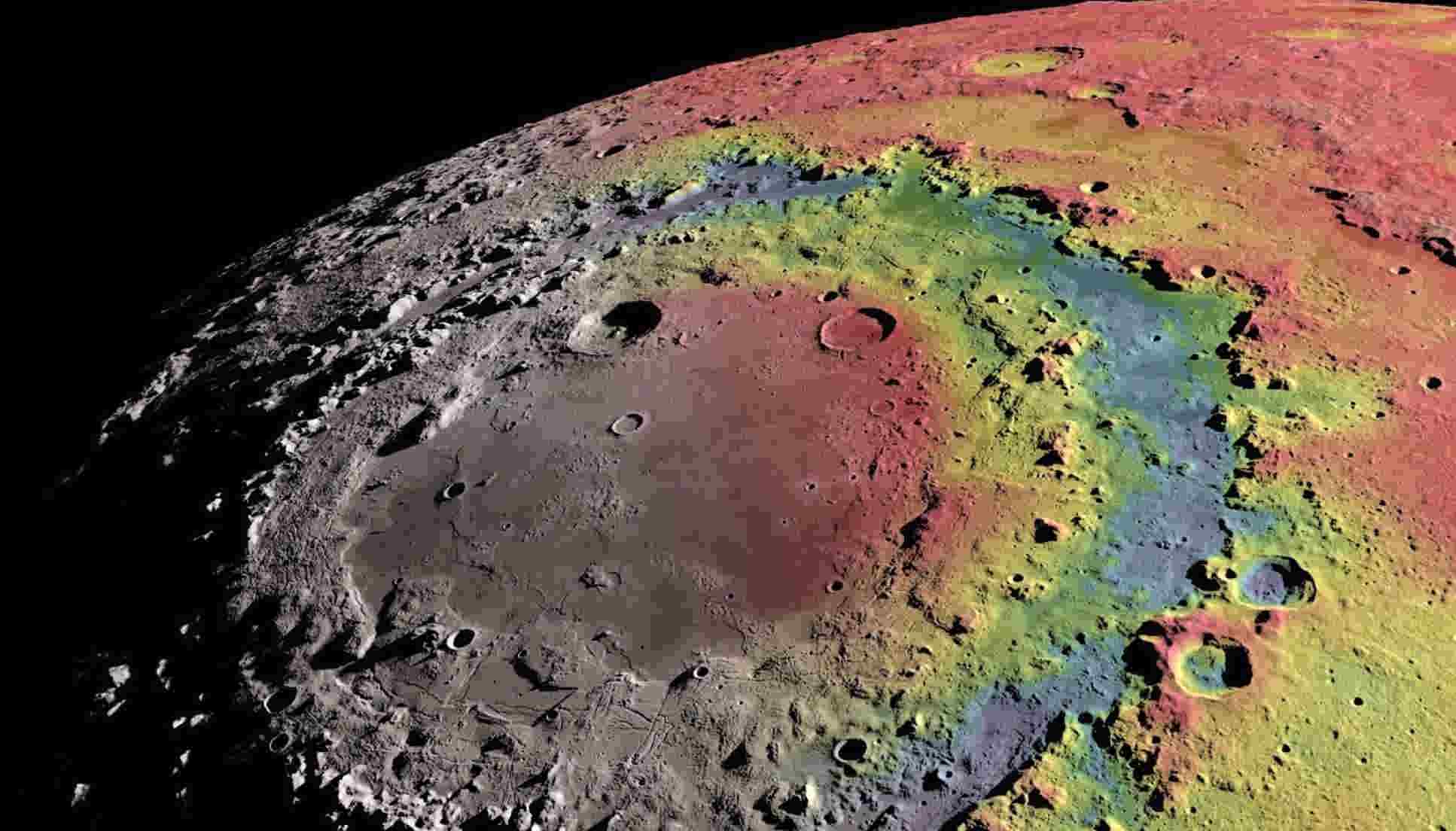UNIVERSITY OF GHANA : B.Sc Earth Science

OVERVIEW
The most fundamental part of our environment is the earth on which we live. Understanding this environment is the realm of earth science- the science concerned with the study of the earth. Earth science is the study of the composition structure, processes, history and resources of the earth.
Earth science apply the principles of chemistry, physics, biology and mathematics not only in finding solutions to natural problems but also to the discovery of petroleum, natural gas, groundwater and mineral deposits The department’s undergraduate academic program provides a broad foundation for earth science study and opportunities for subsequent specialisation.
The program provides a strong field- based culture in all topics in the first three years and offer a specialization in one of these fields in the final year: geology, hydrology, mineral exploration, petroleum ,geosciences, engineering, geology and environmental geosciences. Students are required to participate in faculty- student research project or conduct independent research of their own. Field exercise
and excursion form important components of the undergraduate programme.
The excursions together with laboratory exercise and periods of industrial training enhance students knowledge and practical understanding of earth science. Through the combination of classroom laboratory, fieldwork and project modules, the programme facilities the transfer of skill such as IT, quantitative research, communication team work abilities and personal organisation and development.
AIMS AND OBJECTIVES
At the end of the programme, students are expected to:
• Acquire a well-rounded knowledge of the processes operating within, on and above the Earth’s surface and how they affect and change the planet.
• Develop proficiency in analysing aerial photographs, geologic formations and other data to locate natural resource deposits.
• Develop the ability to use a multidisciplinary approach to solve specific problems by relating to knowledge of relevant fields such as Biology, Chemistry, Geography, Mathematics and Physics.
• Be familiar with on-going efforts to address the environmental, social and economic impacts associated with resource use and management.
• Be able to apply knowledge and skills (in area of specialisation) to conduct scientific investigation or evaluate practical challenges.
INDUSTRY/GLOBAL TRENDS
Earth science now also play an important role in interdisciplinary studies that seek to understand the interaction between the oceans, the atmosphere and the biosphere with the solid earth.
These inter disciplinary studies address contemporary problems such as climatic change, pollution monitoring, resource exploration and evaluation land use and energy.
For example engineering geologist work with civil engineers to make sure the structures are safe from earthquakes, landslides, volcanoes and other potential disasters, petroleum geologist work with reservoir engineers to safely and efficiently produce oil and gas
CAREER PROSPECTS
The career opportunities are very diverse. Some earth scientists spend most of their time outdoors, others spend their entire time in the laboratory and many spend a mixture of time outside in the lab and at their desk. Major employers include;
the geological surveys, petroleum and energy companies, mining and mineral exploration companies, water companies, oil, energy, water and mineral consultancy and service companies, cement and ceramic industries construction firms geotechnical and engineering companies and environmental consultancy companies
TUITION METHODS
Class discussion. Note dictation, Practical Sessions.
ASSESSMENT
Students will be assessed on the basis of completed assignments, examinations, workplace learning and projects or other methods as outlined in specific subject outlines







